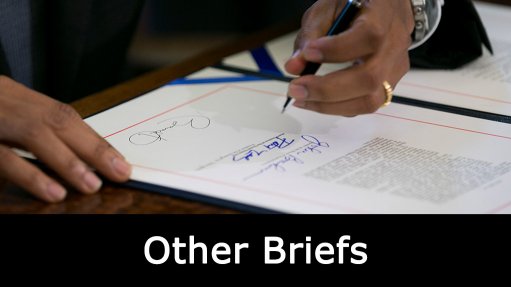
Recently, the Kwazulu-Natal High Court had to consider whether it could adjudicate on papers put before it by SARS in motion proceedings, or, whether the matter ought to be referred for oral evidence given the fact that the taxpayer had raised material disputes of fact to the SARS' allegations. What is of interest in this case is not what the Court ultimately decided, but rather its reasons for doing so. Within those reasons are valuable lessons to be learnt when SARS or a taxpayer engages in litigation.
Generally, in application proceedings, the matter appears before the court much sooner than in action proceedings. In application proceedings, the parties must accurately and comprehensively formulate their case on the affidavits that are put before the court as no oral evidence is allowed and the parties' evidence is not tested under cross examination. In action proceedings, the evidence is led orally and tested under cross examination.
In the present case, Commissioner for the South African Revenue Services v Sassin and Others (2015), it was common cause that VAT fraud was committed on a grand scale by Taxpayer A, in an amount exceeding R800-million. Taxpayer A was not party to these proceedings. SARS brought an application against Taxpayer B (Sassin) and certain parties that were related to Taxpayer B, claiming an amount of approximately R41-million, relating to the VAT liability of Taxpayer A.
SARS contended that Taxpayer B, through related parties, was a knowing party to the VAT fraud of Taxpayer A and claimed a portion of the tax liability from Taxpayer B on these and other grounds. On this basis, SARS also relied on evidence, pertaining to this case given at an inquiry held in terms of section 50 of the Tax Administration Act.
Taxpayer B contended, amongst other things, that he had no knowledge of the VAT fraud committed by Taxpayer A and that the evidence obtained by SARS in the section 50 inquiry was not admissible to the present proceedings.
The High Court's findings are summarised below:
- The dispute raised by Taxpayer B regarding his lack of knowledge of the fraudulent VAT scheme conducted by Taxpayer A cannot be rejected as being "far- fetched" (as was suggested by SARS). In this regard and referring to case law, the Court said that in matters in which charges of criminal or immoral conduct are made, such charges must be proven by clear and satisfactory evidence. The Court's view was that there was a genuine factual dispute that arose on the papers filed in the motion proceedings, which could not be resolved without leading oral evidence.
- The Court held that SARS failed to prove the authenticity of the evidence gathered during the section 50 inquiry. The Court pointed out, amongst other things, that the transcription certificate was not signed by the transcriber concerned and, that the transcript put up by SARS was incomplete in that SARS only elected to put up those portions of the transcript which it sought to rely on, whilst no evidence of Taxpayer B's testimony at the inquiry was put forward. The Court considered this to be fundamentally wrong and unfair. Furthermore, in referring to the manner in which SARS compiled its founding affidavit and the manner in which it presented evidence therein, the Court was of the view that SARS' approach was highly improper and an abuse of the court process.
- The Court was further of the view, having regard to the wording of section 50(4) of the Tax Administration Act, that evidence obtained at a section 50 inquiry should not be used "against a person" in subsequent civil or criminal legal proceedings and that such evidence ought to be kept confidential.
- In considering the above issues, the Court recognised the important public function that SARS is required to perform in collecting taxes, but pointed out that this cannot be achieved in an unfair, unconstitutional and prejudicial manner.
- The Court referred the matter to trial so that real and substantial evidence can be led by all the parties so as to deal with the factual dispute and ordered SARS to pay the cost of the application, as its choice of procedure was incorrect.
This case is of relevance to tax lawyers and other tax practitioners, as it illustrates the importance of the correct court procedure, litigation strategy and argument presentation. Pleasingly, it is also a timely reminder to SARS to exercise its powers in a balanced and procedurally fair manner.
Written by Anton Lockem, Head of the Tax team, Shepstone & Wylie Attorneys